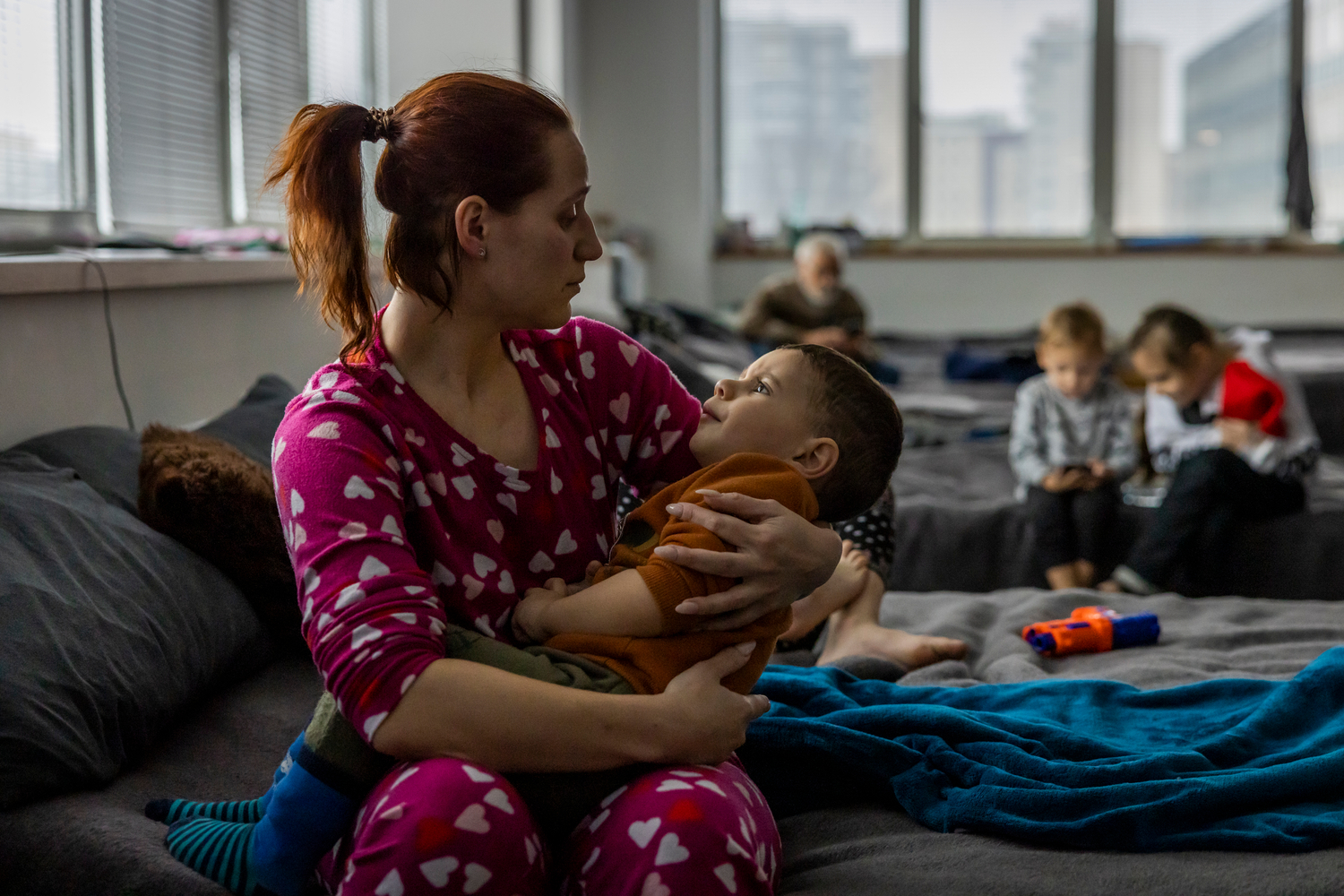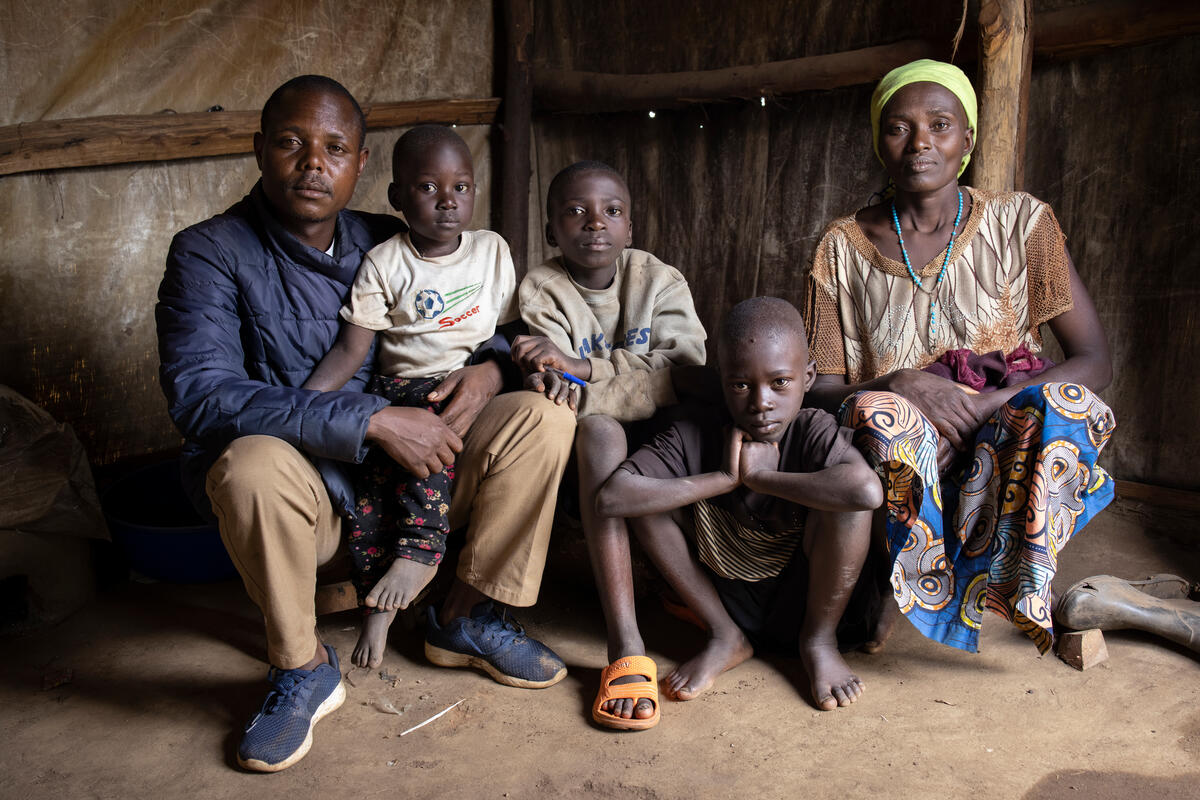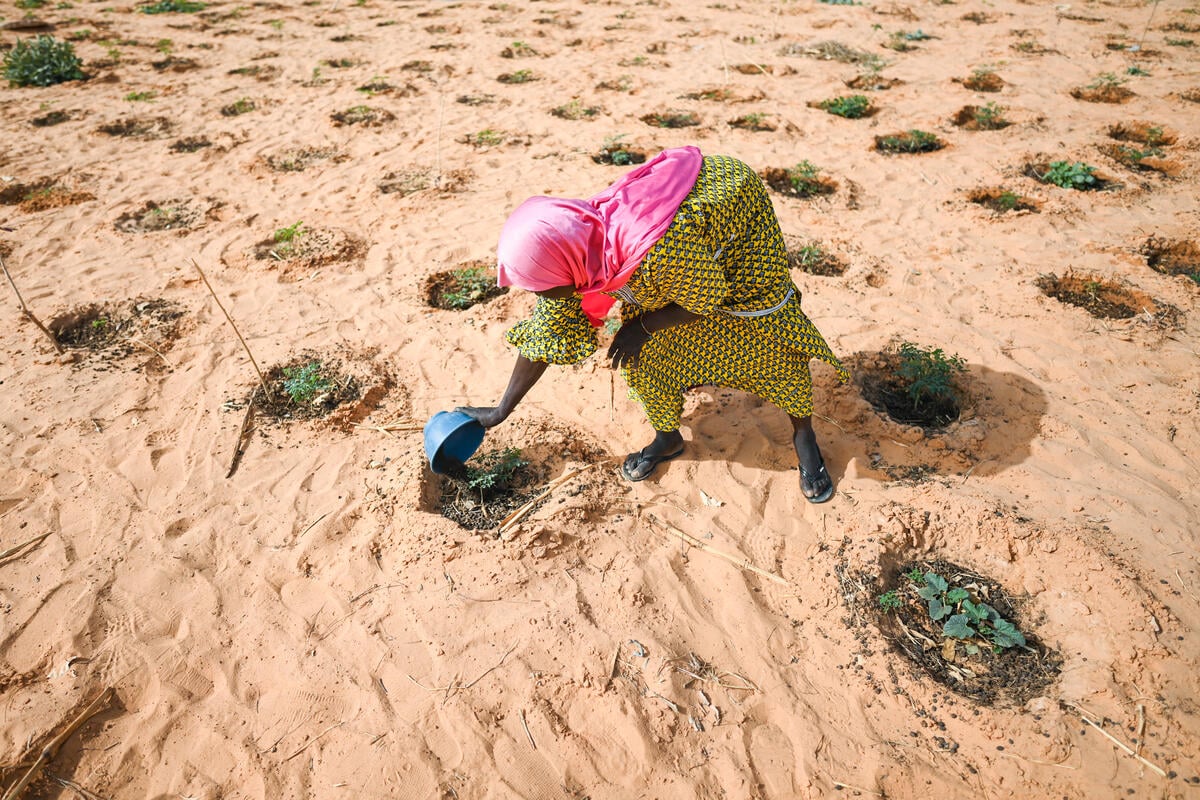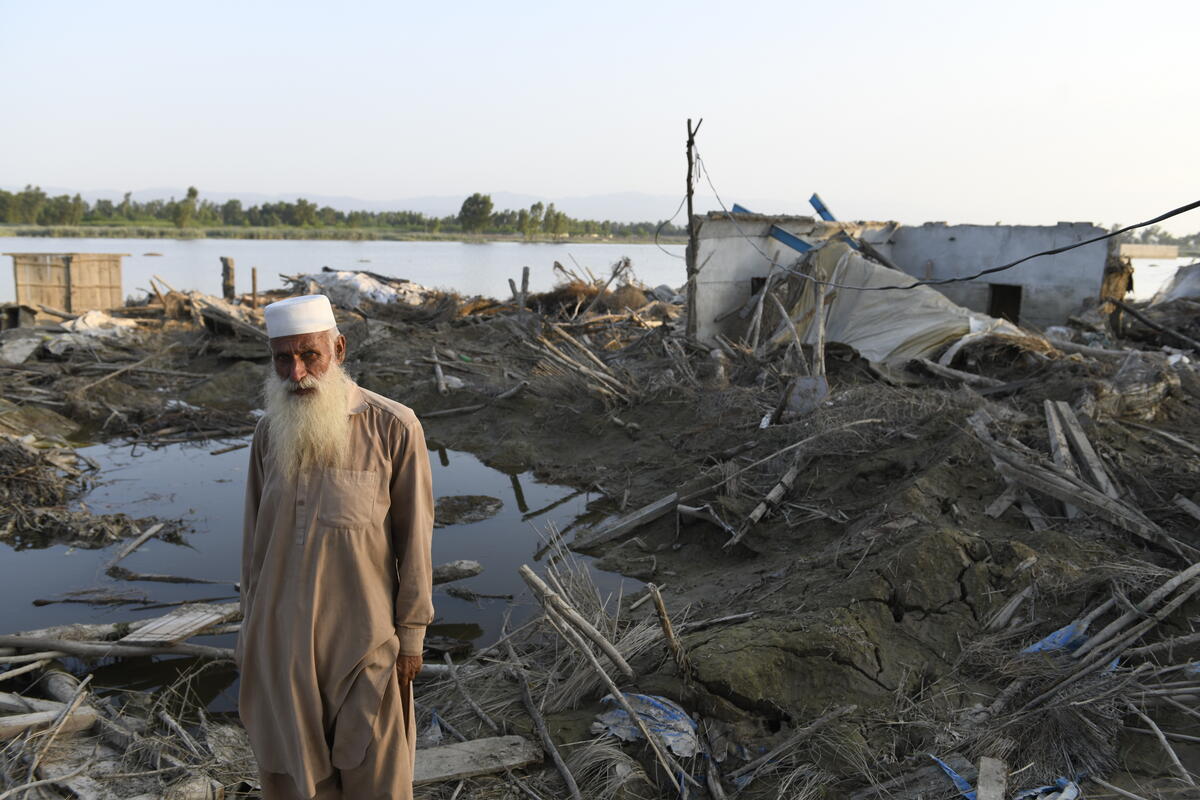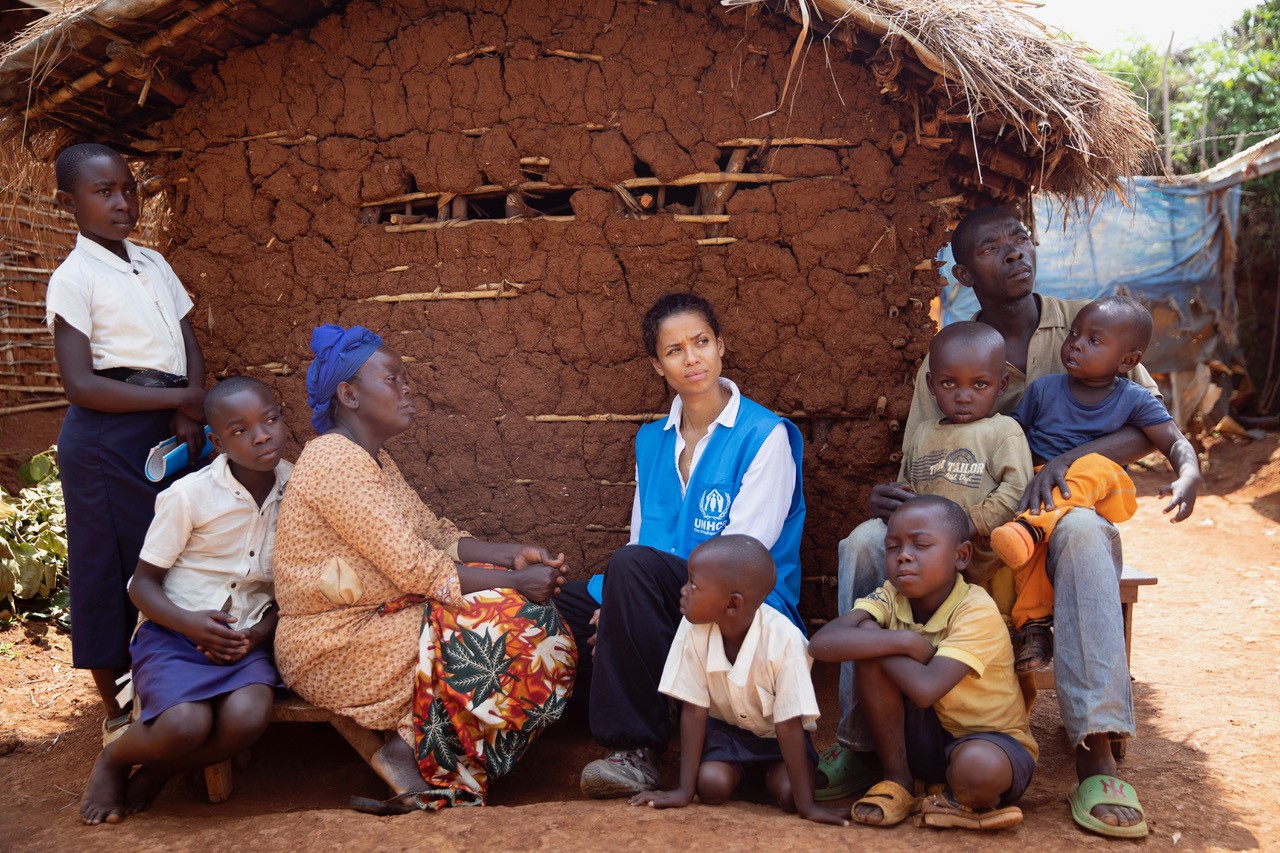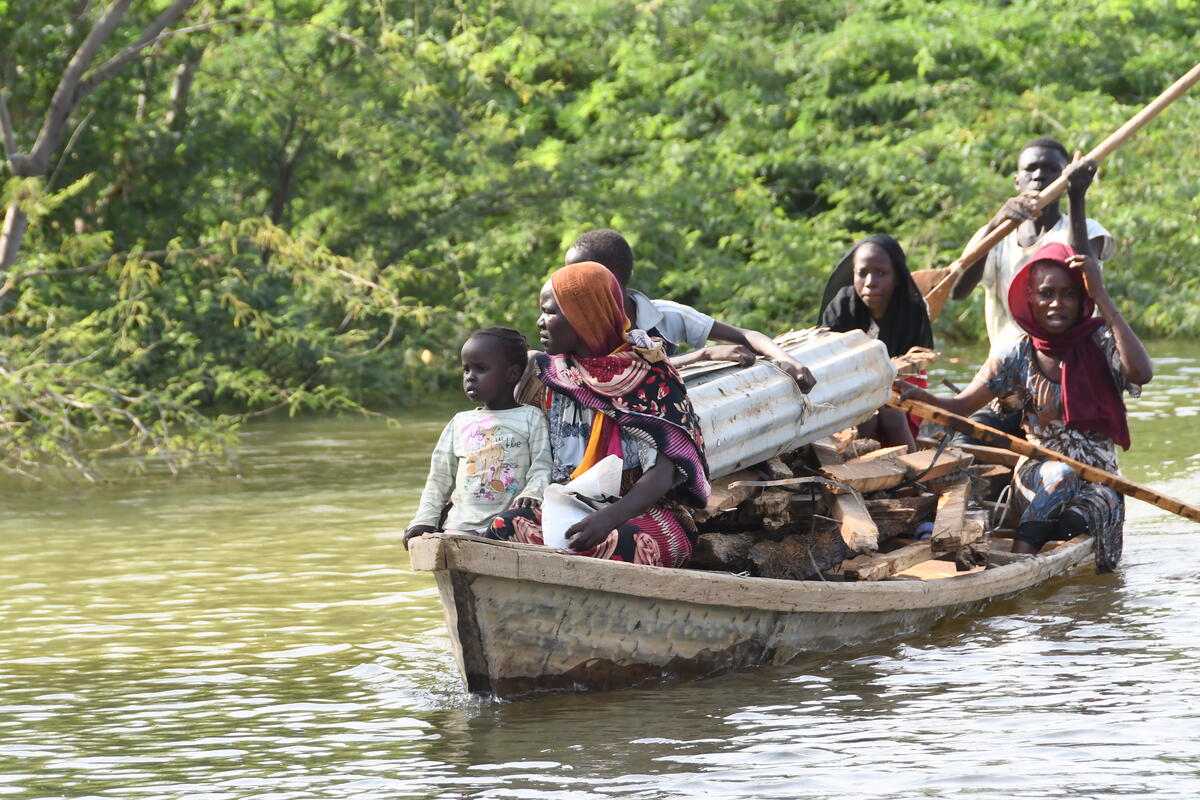Growing forced displacement in the department of Chocó, western Colombia
Growing forced displacement in the department of Chocó, western Colombia
In Colombia, UNHCR is seeing increased recent forced displacement in the department of Chocó, in the country's west. In the past two months alone, more than 6,000 people have fled their homes to escape armed clashes between illegal groups fighting for territorial control of the area, as well as ongoing hostilities in the context of the country's civil war. An additional 7,000 people have found their movements severely restricted because of the fighting, which is concentrated around the Baudo, Atrato and San Juan rivers.
To date, the displacement has mostly affected Afro-Colombians and indigenous people. For these people access to livelihoods, including fishing, hunting and agriculture, has been completely cut off and their children are no longer able to go to school.
The magnitude of the situation has overwhelmed the local authorities' ability to respond to basic needs, including food, healthcare, shelter and psychological support. UNHCR is working in close coordination with the Colombian authorities and other humanitarian agencies to provide emergency assistance and logistical support to the displaced communities.
The Government of Colombia is meanwhile in the final stages of a peace dialogue with the Revolutionary Armed Forces of Colombia (FARC), the principal guerrilla force in the country, and recently announced the launch of formal negotiations with another group, the National Liberation Army (ELN). The peace dialogue, launched in 2012, aims to put an end to more than 50 years of armed conflict with the FARC, which has generated close to 7 million internally displaced people and 350,000 Colombian refugees, living mainly in Ecuador and Venezuela.
UNHCR today urgently calls on all parties to the conflict to guarantee the safety of the civilian population. This includes refraining from establishing military bases in or near civilian settlements and carrying out bombing raids in these areas. It is also essential to address the structural causes of displacement, including control over territory and resources.
Ending the forced displacement of Colombian internally displaced people and refugees is critical to the establishment of sustainable peace in Colombia and to the country's socioeconomic recovery. Failing to reintegrate internally displaced people and returnees will jeopardize the success of the fragile transition period and increases the risk of new displacements.
For more information on this topic, please contact:
- In Mexico city, Francesca Fontanini +52 1 55 91972690, [email protected]
- In Geneva, Nora Sturm +41 79 200 7618, [email protected]
- In Geneva, William Spindler, +41 79 217 3011, [email protected]

